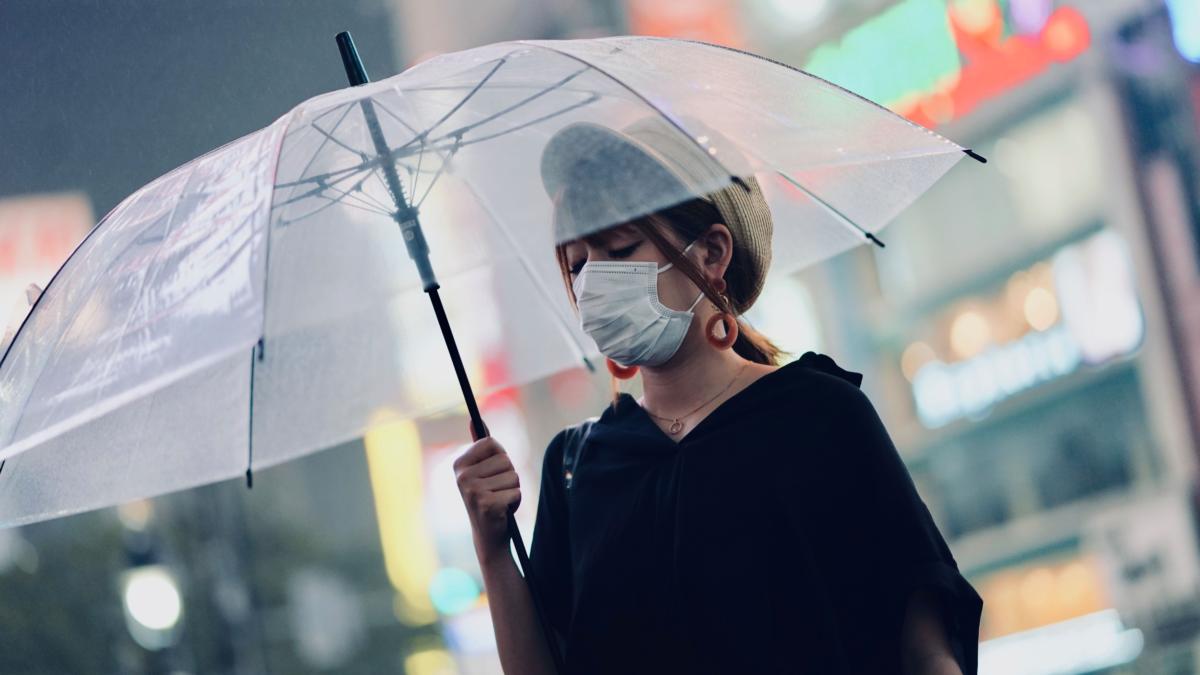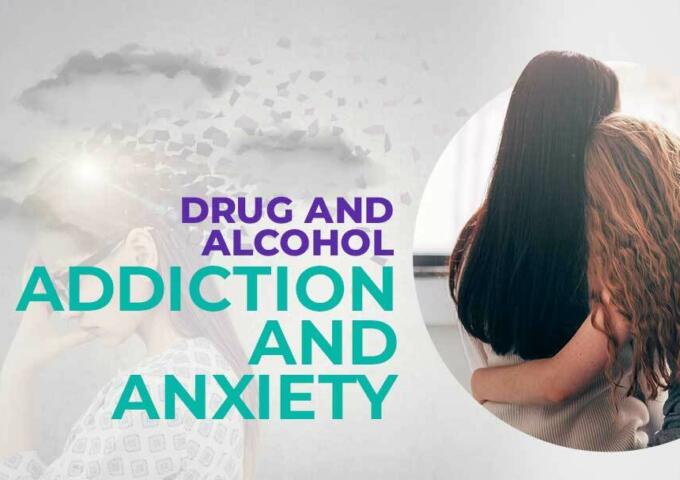The SHOUT Out
As of earlier this week, more than 100 people had died of the Wuhan coronavirus in China, and reports of cases in the U.S. were on the rise.
Your turn: Are you worried about catching the virus? Are you taking any extra precautions to avoid catching it?
Send your thoughts to voices@philadelphiaweekly.com

Archbishop Perez: ‘Do the right thing’
To the Editor:
Nelson Perez, the former Bishop of Cleveland has been elevated to the Archbishop of Philadelphia by Pope Francis. Perez replaces Archbishop Charles Chaput, a man whose signature achievements actively fighting against legislation that would benefit survivors and wantonly ignoring the church’s zero-tolerance policy for priests accused of abuse.
Perez has a lot of work in front of him. There are concerns that, as a product of St. Charles Seminary in Philadelphia and as one who knows how the Archdiocese of Philadelphia has repeatedly failed victims, he may adopt a “business as usual” approach. We hope for the complete opposite and that we see Archbishop Perez be true to his motto, “trust and hope,” two things that survivors in Philadelphia have long found wanting in their church leadership. Archbishop Perez has the opportunity to, as he said many times in Cleveland, “do the right thing.”
If he wants to prove that he is different than his predecessor and is willing to clean up the church’s history of cover-up and antagonism towards survivors, we have several ideas of what he can do to help survivors and advocates find trust in his leadership.
First, he can release all files related to abusive clergy, nuns, deacons, and other church staff. Now that Pope Francis has declared that clergy abuse should no longer be held as a “pontifical secret,” Perez has the Pope’s blessing to be open and honest about these cases. He should release these files into a permanent repository on his website and publicize the information among parishioners and the public.
Second, he can pledge to stop using church funds to fight against the legislation, including the statute of limitations reform, and instead come out in support of giving survivors an opportunity to have their day in court. He can order local parishes as well as groups like the Knights of Columbus to cease spending money on lobbying efforts to defeat this needed reform and instead show public support for this legislation.
Third, he can personally visit with survivors in his archdiocese, listening to their concerns and ideas. He can take those meetings to heart and act on the wishes of survivors instead of ignoring them like his predecessor.
There is much work to be done in Philadelphia. We will be waiting to see if Archbishop Perez is up to the task.
— SNAP, Survivors Network | Philadelphia
Impeachment trial must be fair
Dear Editor:
I’m a former elementary school teacher and current public health worker living in Philly.
I’m writing to ask that in this impeachment trial that you stand up for fairness. Working with students and communities has taught me the importance of fairness. A long history of unfair policies and practices has not only caused huge disparities in education and health but also eroded faith in our institutions. Folks in Philly shy away from our public schools because we can’t even guarantee their safety from asbestos, and patients use the ER for care because they don’t have trusting relationships with primary care.
I’m concerned that this crumbling faith in our institutions will only continue if the impeachment trial is viewed as rigged. The Senate’s refusal to consider all the evidence and to call witnesses is abhorrent and clearly unfair. They are pre-determining the outcome.
We demand that you allow ALL evidence, including documents and witnesses yet to be formally reviewed and heard since the articles of impeachment, were voted upon, to be brought forward to the Senate and American people.
I’m not particularly keen on the divisiveness this may cause. But a fair trial must be had. Our children, our communities, and their faith in our national institutions depend on it.
– David Resnick | Philadelphia
Bernie is a sure loser
To the Editor:
Bernie Sanders has no realistic chance of being elected president. If you actually want to see Medicare for All implemented, vote for Elizabeth Warren. Warren can win, whereas Sanders is a sure loser.
Until these myopic, naive Bernie Bros. can provide a satisfactory explanation as to how Sanders would be able to successfully handle the following four issues that would certainly be highlighted by the GOP in a general election, their irrational insistence that Democrats vote for non-Democrat Sanders should fall on deaf ears.
Sanders is on the record repeatedly having unreservedly and uncritically lauded lavish public praise on anti-American communist dictators like Daniel Ortega and Fidel Castro. (Have you ever watched Bernie’s infamous videotaped interviews on these subjects from Aug. 8, 1985, and from June 13, 1988? You should.) In fact, Sanders is the only prominent American politician to express more love and respect for totalitarian communist tyrants than Donald Trump does!
Then, of course, there was Sanders’ still inadequately explained the 1988 marital honeymoon in the Soviet Union, whereupon returning to Vermont the Marxist socialist Sanders predictably and pathetically voiced his unabashed praise for the Soviet system.
Less well known is the fact that in 1963 Sanders lived and worked for several months on a Stalinist commune near Haifa in Northern Israel that explicitly saw the Soviet Union as its political role model. Sanders’ communal Israeli kibbutz actually flew the red Soviet flag over its compound, the very same red Soviet flag prominently displayed in Sanders’ office when he was mayor of Burlington, Vermont, during the 1980s.
And then there’s that bizarre, incredibly disturbing “rape fantasy” article that Sanders wrote which was published in 1972 when Sanders was a 30-year-old far-Left Marxist gubernatorial candidate in Vermont. Where does one even begin in attempting to explain just how awfully atrocious Sanders’s views were on the subject of rape?
Get a clue, Bernie Bros. Sanders is a sure loser in a general election, which is why (in addition to the 78-year-old’s recent heart attack) Sanders should drop out of the presidential race immediately.
– Jake Pickering | Arcata, Calif.

Philly needs to take a look at public banking
Dear Editor:
Two months ago, NJ Gov. Phil Murphy, a former Wall Street banker, stunned his former banking colleagues by creating a commission to establish a public bank owned by the citizens of the state of New Jersey. Wonky banking news does not often get onto the evening newscasts, but that did. This month, Councilman Derek Green told the Inquirer that his top priority this spring would be bringing public banking to Philadelphia. Now public banking has our attention.
Out in California, the governor signed legislation empowering cities to create their own public banks, and both San Francisco and Los Angeles are moving forward. Meanwhile, Philadelphia has taken the first step toward creating a public bank by contracting with a New York consulting firm to outline how the City can establish one – how to address any regulatory requirements, how to fund it, how to govern it. What is a public bank? And why does Philadelphia need one?
A public bank is owned by a government to benefit its citizens, not by private shareholders to make money for themselves. Public assets serve as collateral and public funds – such as state or city tax revenue – are invested to serve a public mission. In 1919, the state of North Dakota established a public bank. The Bank of North Dakota makes low-interest loans to students, small businesses and start-ups. It partners with private regional banks to provide financing for agriculture, commercial and industrial development and low-rate college loans and municipal bonds.
Today, that 100-year-old bank – which has served radical left, radical right and middle-of-the-road administrations from the Roaring Twenties through the Depression and the recent Great Recession – is the best performing bank in the United States. In 2017, the Bank of North Dakota reported 14 consecutive years of record profits, with $145.3 million in net earnings. Its Return on Investment during that period was 17 percent to 26 percent each year – and those earnings went right into the state’s coffers to stabilize its economy, lower state tax burdens and fix its roads and bridges. During the Great Recession of 2008-2010, North Dakota’s economy was in great shape – unemployment was 3.7 percent and foreclosures, bankruptcies and bank failures were way below the rest of the country. That was when some of the biggest US banks went out of business and the others were propped up by the federal government – using public money. Our money.
It’s no secret that Philadelphia needs massive investment in public works – to replace antique water lines, to reconstruct bridges, to refurbish rickety rails, to finance affordable housing, to capitalize small business development, and to renovate our crumbling public schools. So where will all that money come from?
Private banks like Wells Fargo, Chase and Bank of America take millions out of the city to invest anywhere in the world in whatever is most profitable, whether they finance private prisons in Texas or brand-new super-speed railroads in Japan. Remember the Budd company? We used to manufacture rail cars right here in Philly. What Wall Street bank considers local infrastructure, local job creation and increased city wage tax revenue as goals?
A public bank is designed to put all its earnings back where they came from. It helps local businesses. It creates jobs. It’s an idea whose time has come. There is nothing more powerful.
– Connie Bille | Philadelphia
Like your health plan? Too bad
Dear Editor:
Nearly two in three Americans support the creation of a government-sponsored health plan to compete against plans offered by private insurers, according to the most recent survey data from the Kaiser Family Foundation.
This “public option” sounds reasonable enough – at least initially. Those who like their insurance don’t have to buy it. And who could be opposed to giving consumers more insurance choices?
But the public option would not allow the millions of people who like their insurance to keep it. In short order, the public option would destroy the private health insurance market and force everyone into a one-size-fits-all, government-run health insurance system.
The majority of Americans have and like private health insurance. About 180 million people receive coverage through their employers, according to data from the U.S. Census. Most of them – about seven in 10, according to polling from the Kaiser Family Foundation – are “content” with that insurance.
But that coverage could disappear under the public option, according to new research from KNG Health Consulting. Nearly one-quarter of Americans with employer-based coverage would lose their plans by 2023 under the Medicare for America Act, a prominent public option proposal introduced in the House of Representatives last year. By 2032, nearly one-third of all workers, and more than half of workers at small businesses, would lose their employer-sponsored plans.
Here’s why. A government-run public option would have the power to dictate the prices it would be willing to pay doctors and hospitals for care. Most public option proposals envision paying rates similar to Medicare’s or Medicaid’s.
Those rates are typically less than the costs providers incur treating patients covered by the programs. Hospitals receive about 87 cents from Medicare and Medicaid for every dollar they spend on care for their beneficiaries. In 2017, underpayments from the two programs totaled $76.8 billion.
Private insurers don’t have that kind of pricing power. They can’t simply name their price; providers would refuse to see their patients.
Doctors and hospitals further ratchet up their rates for private insurers to make up for underpayments from Medicare and Medicaid.
Private insurers can’t compete with the government’s lower cost structure. So, their premiums would almost certainly be higher than the public options.
From the get-go, some consumers would cancel their private plans and jump to the cheaper public option. Employers, particularly small ones with the least ability to absorb new costs, would do the same – and push their employees into the new public plan. Indeed, the share of employers that sponsor coverage would fall from 88 percent today to 60 percent by 2032, according to the KNG report.
This process would repeat. Providers would raise rates for commercial plans to compensate for the public option’s underpayments. Those plans would hike rates for consumers. And yet more people would flock to the public option.
Eventually, the public option would be the sole remaining health insurance “option.”
Some proponents of the idea are rooting for this outcome. Democratic presidential hopeful Mayor Pete Buttigieg has even touted his public option plan as “a natural glide-path to Medicare for All.”
In other words, the public option and Medicare for All result in the same thing – a government-run health insurance system.
Many Americans believe they’d be able to keep their current plans under the public option. As people discover that’s not the case, support for the public option declines.
– Janet Trautwein | CEO, National Association of Health Underwriters.





